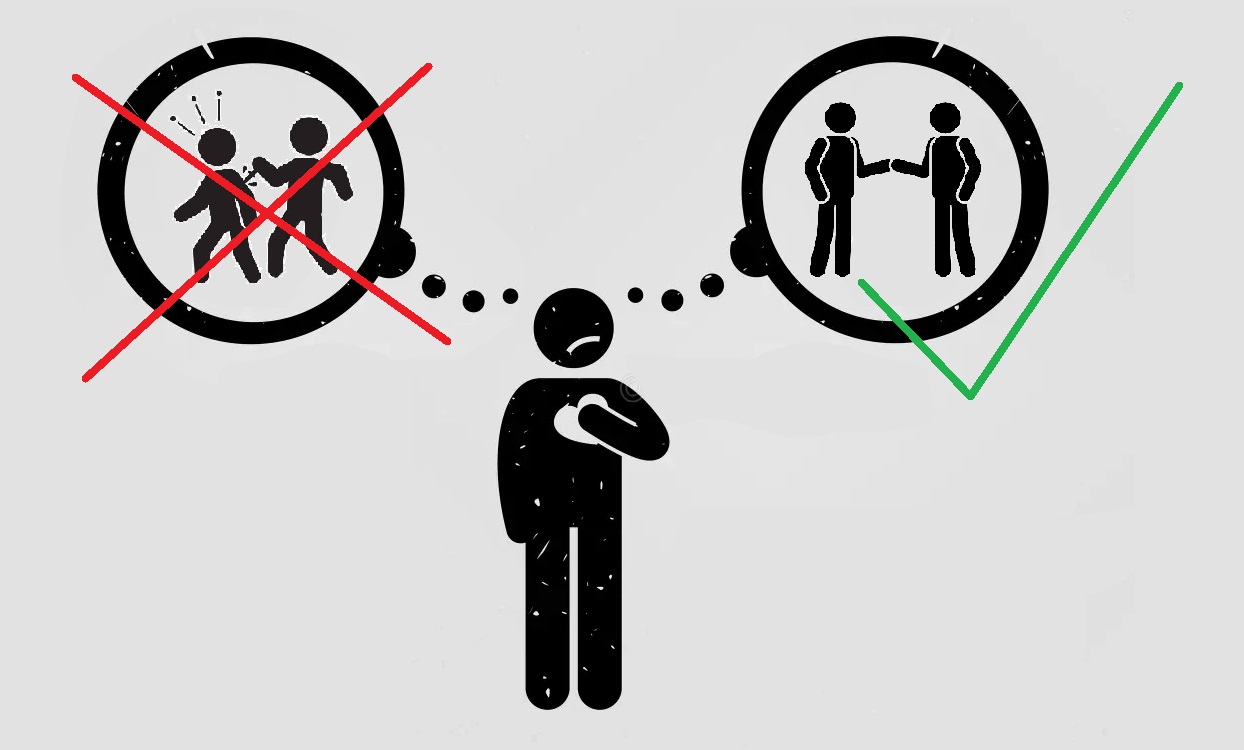Exceeding in Relationships
By Anthony Casperson
6-10-23
Sometimes, when a person reads a game’s rulebook, they might understand all of the words in the rule, but the way it’s described doesn’t seem to make sense. There’s something about the rule that is confusing, or so outside of the normal understanding of game rules that more information is needed.
This is where examples come in handy. The game designers make up a fictional scenario—or more—and show this imaginary person acting in line with the rule.
For instance, if someone were creating a character for a tabletop RPG, it might be helpful for them to see an example of a person gaining a skill from their character’s fantasy race, and then gain that same skill from their background. The player might question if they would then miss out on one skill because they can’t gain the same skill twice. Or do they somehow gain double proficiency? They might possibly get some sort of additional bonus to that skill. Or they might get to choose a whole new skill to replace the doubled one. An example in the rules that explains this possibility would be helpful. (Especially since different systems answer this question with several of the options listed.)
Examples are helpful for us to understand more abstract ideas. And leave us less confused when it comes to application. And this is what the next few blogs in our series “Summer on the Mount” are.
In the previous section, we saw Jesus teach the people listening to his words that those who belong to his kingdom need to have a righteousness that exceeds the Pharisees and scribes. We shouldn’t loosen the commands of God in such a way that we can comfortably live in our sin while claiming to be perfect in our actions, like they did. Instead, we should understand the intent of God for his beloved creation.
But this can be difficult to understand, because strict adherence to personal misunderstandings and the tendency to excuse our own failings comes naturally to fallen humanity. So, Jesus knows that we need some examples. And he gives six angles on this righteousness of the kingdom of heaven. (Though, we’ll break them up into four blogs for our series.)
The first of them is found in Matthew 5:21-26. And while we often summarize this example as, “Hating someone is like murdering them in our hearts,” I think that such a description doesn’t hit Jesus’ point head on. So, let’s look at the passage to see what he’s trying to tell us.
In verse 21—like he will 5 more times during the last part of this chapter—Jesus explains the teaching of the rabbis, who took the words of the Law and then shifted that truth into their own opinions in order to teach their loosened versions of the commands of God. He does this by saying, “You have heard it said…” But in each of these six instances, Jesus will follow it up with a properly tightened view of the command, along with an example. And this is when he says, “But I say…”
For this first occasion Jesus says that his original audience had heard it said to not murder. And whoever murders will have to face the consequences. It makes sense to us. Murder is wrong. And any individual who kills someone for their own personal reasons must face severe consequences for their misdeed.
We get it. The action is evil. And punishment must come to the one performing it.
But Jesus explains in verse 22 that sin doesn’t begin with the act. It centers on a person’s attitude of the heart. Actions show something deeper within the person. Thus, when someone murders another, it shows some deep-seated animosity within the murderer—which might not even be directed at the one killed. Or it could reveal the skewed perspective toward the worth of a human life that the murderer has.
And so, with the kingdom ethic that Jesus preaches here, we should consider that there will be similar consequences for the attitudes and mindsets that could lead one to murder another—even if there is no change in the status of a person’s liveliness. And in a sense, being angry enough at a person that we remove them from our lives could leave us in a situation that would be pretty much the same as if we’d removed their life entirely.
It’s why Jesus says in verse 22 that anyone who is angry at someone close to them will face consequences. Someone who insults their loved one will face a tribunal. And someone who, in a full blast of anger, calls their dearest ones a bunch of morons will be held accountable to the fires of hell.
If we get to the point where our anger takes spiritual and psychological casualties, is it really all that different from physical ones? The consequences of broken relationships will come either way. Anger that’s been nursed inwardly and rages whenever we think about that other person will rob us of fellowship.
And that is both fellowship with the person at whom we’re angry and the God in whose image they were made. This is why, in verses 23-24, when Jesus recommends reconciling with that person, he poses it in a situation where the angry person is about to perform an act of worship. If we are in a place where we actively refuse to have fellowship with a person who is an image-bearer of God, how can we ever think that we can have fellowship with that God whom they represent on this planet?
If we want to live like there are no negative consequences for our life choices, then we must seek the same type of reconciliation that God offers to us through the cross of Jesus. And it doesn’t matter when we realize this truth, even if it’s at the most inopportune time, like being in the front of a long line that we’ve been waiting hours to reach that spot. Once we recognize it, we should seek that reconciliation—seek to resurrect (un-murder?) them in our hearts—so that we can return to proper relationship with them and God.
The situation will be better for us to reconcile than to face the consequences. Because if we choose to harbor that anger, let them die a thousand times in our minds, then the payment of consequences will come.
And there’s no discount in this court of justice.
We see Jesus make this clear in verses 25-26 as he shifts from worship to a courtroom. It is better to settle out of court, than to be made to pay off every single cent of our anger’s consequence. Better to pay the cost of reconciled relationship than to pay off the unrelenting consequence of continued severance. And the longer we wait to reconcile, the worse our consequence of bondage will be—because that debt just keeps building interest.
In Jesus’ kingdom, we who belong to it must have a way of life that acts in accord with the fullness of God’s commands. It’s not enough for us to just look at our deeds and say that we did the right thing. “I never murdered anybody.” Rather, we must be people who understand the reason for the command to not murder. Because when we murder, we’re reduce another person to less than an image-bearer of God. Or worse, we reveal how little we think of the God they represent.
And this reduction of a person’s innately God-given worth is just as true of us when we angrily remove their presence from our lives.
So, since we want to have a righteousness that exceeds that of the Pharisees, let’s not just keep the letter of the law in not murdering. But also keep in mind the image of God present in the being of each and every human we meet. Even those who ardently reject the God whose image they bear.
The consequence of anger at such individuals might just end any chance of eternal life in their future, dooming them to the final death. And this truly would make us murders.



